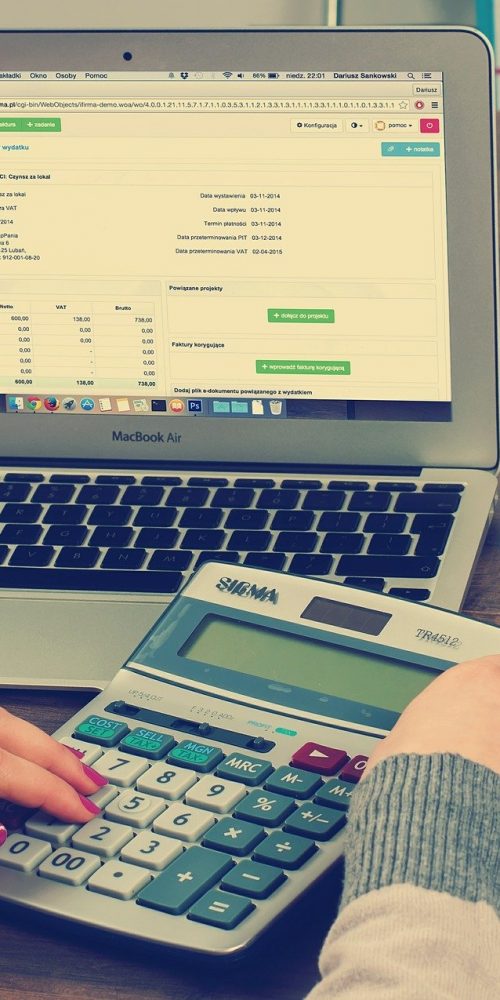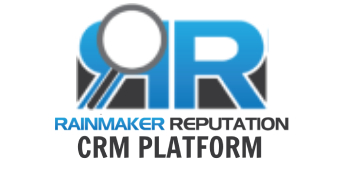Understanding the Urgent Need for Tax Assistance Ahead of Critical Deadlines
Recent studies indicate that a significant 25% of self-employed individuals in the UK are considering deferring their tax payments for the 2019-20 fiscal year. This trend is primarily driven by the severe financial strains experienced during the coronavirus pandemic, coupled with the restrictions that have severely impacted various businesses. A comprehensive survey conducted by Which?, encompassing 4,000 taxpayers, underscores the urgent need for personalized support regarding tax deadlines. These findings highlight the critical necessity for effective solutions that can assist individuals grappling with their financial responsibilities amid these unprecedented circumstances.
The pivotal deadline for tax return submissions is set for the 31st of January, coinciding with the payment due for the 2019-2020 tax year. Alarmingly, nearly one in four self-employed taxpayers has already made the decision to postpone their payments, which are due in less than two weeks. This situation is further complicated by the fact that approximately 22% of these individuals had earlier taken advantage of the government’s offer to defer payments due by July 2020. Additionally, the survey estimates that UK taxpayers will collectively devote around 19 million hours preparing their tax returns as the deadline approaches, highlighting the immense burden they are facing.
Despite the rapidly approaching deadline, a notable portion of taxpayers has yet to finalize their financial strategies. Around 16% remain unclear about their next steps or have not seriously considered their options. Furthermore, over 42% have already chosen to postpone their July payments due to ongoing financial challenges. This scenario illustrates the widespread impact of economic hardship on tax compliance, emphasizing the dire need for accessible support services to aid those who are struggling.
The UK government has introduced a Time To Pay scheme, which allows taxpayers to distribute their tax bill payments throughout the year in manageable monthly installments. This scheme provides a less daunting approach to managing tax liabilities; however, it is essential to understand that interest will accumulate on any remaining balance. Taxpayers experiencing difficulties in meeting their tax obligations should consider this alternative carefully to ensure they can manage their responsibilities effectively.
The Time To Pay scheme remains available at all times, regardless of the pandemic’s effects, and should not be mistaken for the government’s option to defer payments that were originally due by July 2020. The latter was part of a broader suite of financial relief measures designed to support self-employed individuals, allowing them to delay their payment deadlines until the 31st of January 2021.
Avoid Financial Penalties by Prioritizing Timely Tax Payments

Failing to submit your tax payment by the 31st of January 2021 can result in significant financial repercussions. Taxpayers must take the initiative to contact HMRC to explore viable alternatives, such as a Time To Pay agreement, to avoid incurring penalties. Late tax payments can attract a substantial interest charge of 2.6% starting from the original payment due date. Moreover, a 5% penalty on the unpaid tax will be levied after 30 days, followed by an additional 5% fee on 31 July 2021, and yet another 5% charge a year after the original due date. These financial consequences highlight the vital importance of fulfilling tax obligations promptly to prevent accumulating debts.
Key Steps to Take If You Cannot Pay Your Tax Bill on Time
For individuals facing financial difficulties and unable to meet their tax obligations, the government has implemented various support schemes to assist them. One potential pathway is to negotiate an agreement with HMRC through their Time To Pay scheme; however, eligibility for this program entails specific criteria:
- You must owe less than £30,000 in tax
- The arrangement should be initiated within 60 days of the payment deadline
- Your tax returns must be current and properly completed
- You should have no outstanding debts with HMRC
- You do not currently have any other payment plans or agreements with HMRC
If your tax debt exceeds £30,000 or if you anticipate needing more than the maximum 12 months permitted by the Time to Pay scheme, it is still possible to discuss alternative installment arrangements with HMRC. The most crucial step, particularly if you are unsure about your ability to pay your tax bill or need guidance on postponing your payment, is to reach out to the HMRC Payment Support Service at 0300 200 3835. Taking proactive measures can significantly assist you in navigating these challenging financial times effectively.
Discover Essential Resources for Improved Financial Management

Debt Consolidation Loan Calculator for Smart Financial Planning
Debt Consolidation Loan Calculator for Smart Financial Planning

Furlough Rights Explained: Know Your Entitlements
Furlough Rights Explained: Know Your Entitlements

Debt Consolidation Loan Advice: Why It’s Essential Before Applying
Debt Consolidation Loan Advice: Why It’s Essential Before Applying

Avoiding a Financial Ticking Time Bomb: Essential Tips



No responses yet